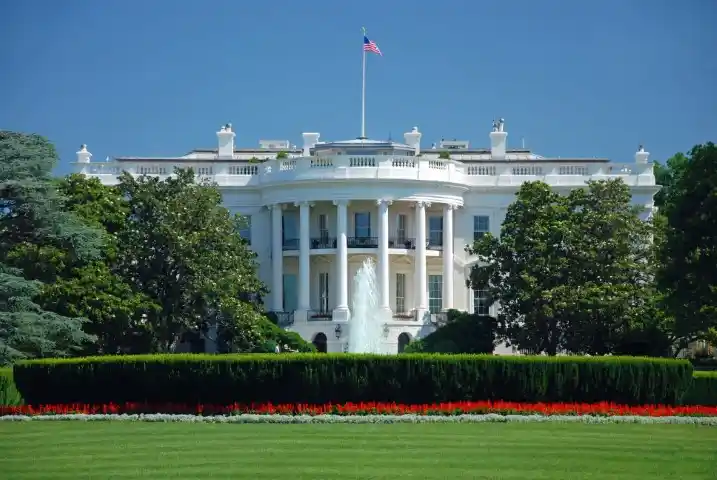The U.S. pharmaceutical landscape is set for another major shift. On May 12th, President Trump signed a new Executive Order aimed at reducing drug prices by implementing a Most Favored Nation (MFN) pricing model. This policy would tie U.S. drug prices to the lowest price available globally, potentially reshaping the way medications are priced and accessed in the United States.
Following the Inflation Reduction Act, this move could significantly lower U.S. healthcare spending. However, it also creates major uncertainty for the global pharmaceutical and biotechnology industries, particularly around R&D investment, global pricing strategies, and future product launches.
Key Policy Elements of the Most Favored Nation Rule
Although full implementation details are still unclear, the Executive Order outlines two fundamental changes:
- Patients will be able to purchase prescription drugs directly from manufacturers, bypassing intermediaries such as Pharmacy Benefit Managers (PBMs)
- Drug manufacturers must offer U.S. patients the lowest price available internationally, i.e. the so-called “Most Favored Nation” price
How Should Pharma and Biotech Companies Prepare?
One of the most critical unknowns is the scope of the policy—will it apply only to Medicare, or extend to other programs such as Medicaid or even commercial books of business? Another is the timing: will IRP be enforced for existing products, future launches, or both?
These distinctions carry significant implications:
For legacy products, MFN pricing could generate billions in savings for the U.S. healthcare system. However, it could also threaten the viability of biotech firms, including U.S.-based innovators that drive economic growth and export value.
For new drug launches, the risk is equally profound. If U.S. prices are tied to the lowest global price, manufacturers may avoid launching in lower-income countries to protect U.S. pricing. For example, if a drug is priced at $100,000 in the U.S. but only $50,000 in Country A, launching in Country A could trigger a required price reduction in the U.S.—one not offset by incremental revenue in the smaller market. The result? Limited access in Country A, and reduced global reach for the manufacturer.
This scenario undermines the principle of tiered pricing, which is widely supported by payers to ensure access in low- and middle-income countries. It also reduces opportunities for biotech companies to scale globally, impacting revenue diversification, patient access, and global health outcomes. This would also deprive the biotech company of the opportunity to expand into additional markets. Customer segmentation and price differentiation make sense both for the countries and companies. While IRP and MFN policies may offer short-term cost savings, they carry significant long-term risks for drug innovation, new product launches, and global health equity.
Strategic Response: How Manufacturers Can Prepare
So what can manufacturers do in light of these uncertainties? The best strategy for now seems to be reducing the gap between U.S. and international list prices to minimize exposure to MFN-based downward pricing pressure.
On the policy side, close collaboration with industry associations can help to underscore the contribution of pharma and biotech to economic growth and population health and outline the negative repercussions that IRP could have. There are better policies to contain costs while preserving the innovation potential and economic outlook of the industry.
A key strength of the US has always been a firm belief in the market-based economy and healthy competition. There are examples where this model favors US consumers, e.g. looking at older products such as acetaminophen [US] / paracetamol [EU, different name but same molecule] these are sometimes available to US consumers at a fraction of the cost that other countries pay. Of course, for new products that are patent-protected / enjoy market exclusivity US prices are frequently higher than elsewhere, but the industry points to this as a required incentive to invest into R&D for new molecules.
And after loss of exclusivity, the market usually rapidly shifts to generics / biosimilars, although there are examples of older products facing limited to no competition due to barriers of entry. Policies reducing barriers of entry and encouraging healthy competition, especially for older products, could lead to more choices and reduced prices for US consumers while preserving the virtuous cycle of biotech investment and innovation.
Stay Informed with Justin Stindt Consultants
At Justin Stindt Consultants, we are actively monitoring U.S. policy developments, including the MFN rule, to provide our pharma, biotech, and medtech clients with real-time insights and guidance.
Why Partner with Us?
Justin Stindt Consultants is a specialized market access consulting firm offering bespoke market access services. Our team of experts has extensive experience in the US Market Access, ensuring that our clients are well-prepared for seamless application submissions. Our agency has been the preferred service provider for many pharmaceutical and biotechnology companies seeking assistance.
- Proven Expertise: With years of experience in global pricing and reimbursement, our team offers unparalleled expertise and strategic insights.
- Tailored Strategies: We understand that each client and market is unique, and we provide customized solutions that address specific needs and challenges.
- Comprehensive Support: From early strategy advice through launch and beyond, we offer end-to-end support to ensure your success.
- Regulatory Mastery: Our team has deep knowledge of FDA processes and U.S. payer dynamics, enabling faster, more confident market access.
Get in Touch
Ready to strengthen your U.S. market access strategy in light of the Most Favored Nation policy?
Contact Justin Stindt Consultants today to leverage our expertise and navigate this evolving landscape with confidence.




